Some 84% of consumers are taking steps towards eating a more sustainable diet, research commissioned by the National Dairy Council (NDC) has shown.
Affordability, nutrition and locally produced foods were ranked the top three considerations when choosing this sustainable diet.
The analysis, conducted by Coyne Research, involved a survey of 1,000 Irish adults during the first week of February 2023.
Approximately half of those surveyed said they were trying to only consume what they needed and were trying to reduce food waste through better planning.
Two in every three consumers surveyed said they were omnivores, eating meat, fish and dairy.
‘Plant-based’ confusion
The NDC research also highlighted confusion among consumers when it comes to a plant-based diet.
Almost half of those surveyed believed the term 'plant-based diet' refers to a vegetarian or vegan diet, with a further 15% saying they did not know what it meant at all.
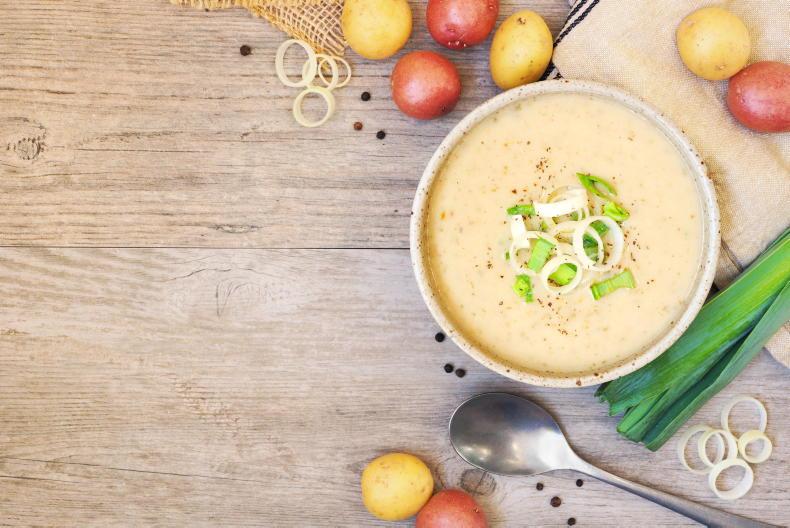
84% of consumers are seeking to move to a more sustainable diet, according to a survey.
“Given it’s a term that is used frequently in relation to eating sustainably, this is an important finding,” said assistant professor at UCD School of Agriculture and Food Science Dr Aifric O’Sullivan.
Dr O’Sullivan said that the confusion is “understandable” given that the term “plant-based diet” is not consistently defined in labelling and food marketing.
“We would define it as diets based mostly on plants, including cereals and breads, pulses (peas, beans and lentils), nuts and seeds, but that also include moderate amounts of animal-based products like meat, eggs, fish and dairy.
“In fact, the Irish food pyramid, which recommends varying proportions of both plant and animal foods is a good example of a plant-based diet if we were to actually follow it,” she said.
Barrier
The UCD academic argued that Irish diets are not sustainable from both environmental and health perspectives and said that, therefore, any confusion around plant-based diet is a barrier which needs to be made clearer if people are to eat more sustainably.
Dr O’Sullivan’s views were echoed by dietitian Sarah Keogh, who said the survey shows there are some “inaccurate perceptions around how much dairy we actually consume in Ireland”.
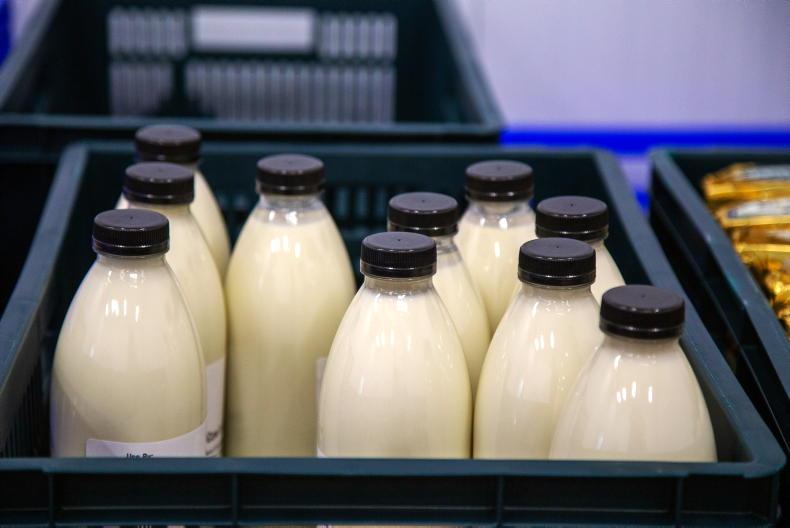
Dairy products are nutrient rich foods, says dietician Sarah Keogh. \ CJ Nash
“Around half the sample said we eat about the right amount of dairy, while over a third thought we consume too much.
"The reality is that on average the majority of adults only consume two of their three recommended portions of dairy as milk, cheese or yogurt.
“As dairy products are nutrient-rich foods and are large contributors to nutrients like calcium, riboflavin, vitamin A and B12 in the Irish diet, we need to be careful about overly simplistic messages to reduce animal foods,” she said.
Read more
Retailers commit to reduce meat and dairy and disclose protein sources
US clamps down on plant-based milk mislabelling
Some 84% of consumers are taking steps towards eating a more sustainable diet, research commissioned by the National Dairy Council (NDC) has shown.
Affordability, nutrition and locally produced foods were ranked the top three considerations when choosing this sustainable diet.
The analysis, conducted by Coyne Research, involved a survey of 1,000 Irish adults during the first week of February 2023.
Approximately half of those surveyed said they were trying to only consume what they needed and were trying to reduce food waste through better planning.
Two in every three consumers surveyed said they were omnivores, eating meat, fish and dairy.
‘Plant-based’ confusion
The NDC research also highlighted confusion among consumers when it comes to a plant-based diet.
Almost half of those surveyed believed the term 'plant-based diet' refers to a vegetarian or vegan diet, with a further 15% saying they did not know what it meant at all.

84% of consumers are seeking to move to a more sustainable diet, according to a survey.
“Given it’s a term that is used frequently in relation to eating sustainably, this is an important finding,” said assistant professor at UCD School of Agriculture and Food Science Dr Aifric O’Sullivan.
Dr O’Sullivan said that the confusion is “understandable” given that the term “plant-based diet” is not consistently defined in labelling and food marketing.
“We would define it as diets based mostly on plants, including cereals and breads, pulses (peas, beans and lentils), nuts and seeds, but that also include moderate amounts of animal-based products like meat, eggs, fish and dairy.
“In fact, the Irish food pyramid, which recommends varying proportions of both plant and animal foods is a good example of a plant-based diet if we were to actually follow it,” she said.
Barrier
The UCD academic argued that Irish diets are not sustainable from both environmental and health perspectives and said that, therefore, any confusion around plant-based diet is a barrier which needs to be made clearer if people are to eat more sustainably.
Dr O’Sullivan’s views were echoed by dietitian Sarah Keogh, who said the survey shows there are some “inaccurate perceptions around how much dairy we actually consume in Ireland”.

Dairy products are nutrient rich foods, says dietician Sarah Keogh. \ CJ Nash
“Around half the sample said we eat about the right amount of dairy, while over a third thought we consume too much.
"The reality is that on average the majority of adults only consume two of their three recommended portions of dairy as milk, cheese or yogurt.
“As dairy products are nutrient-rich foods and are large contributors to nutrients like calcium, riboflavin, vitamin A and B12 in the Irish diet, we need to be careful about overly simplistic messages to reduce animal foods,” she said.
Read more
Retailers commit to reduce meat and dairy and disclose protein sources
US clamps down on plant-based milk mislabelling






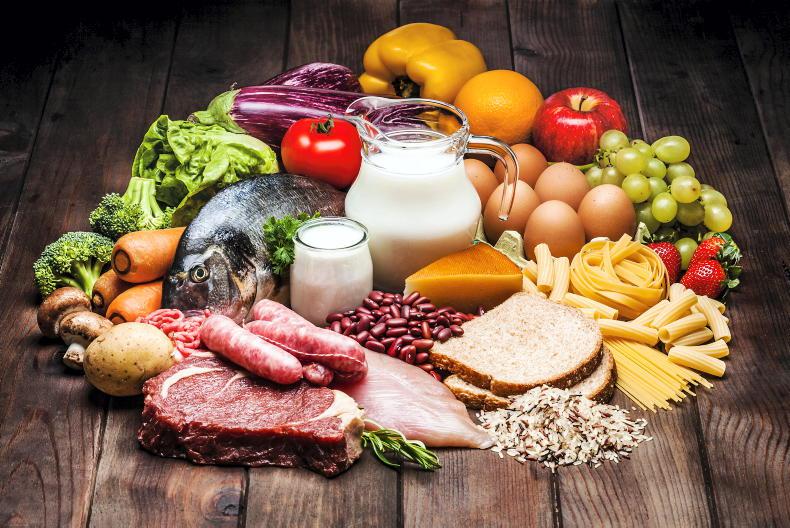
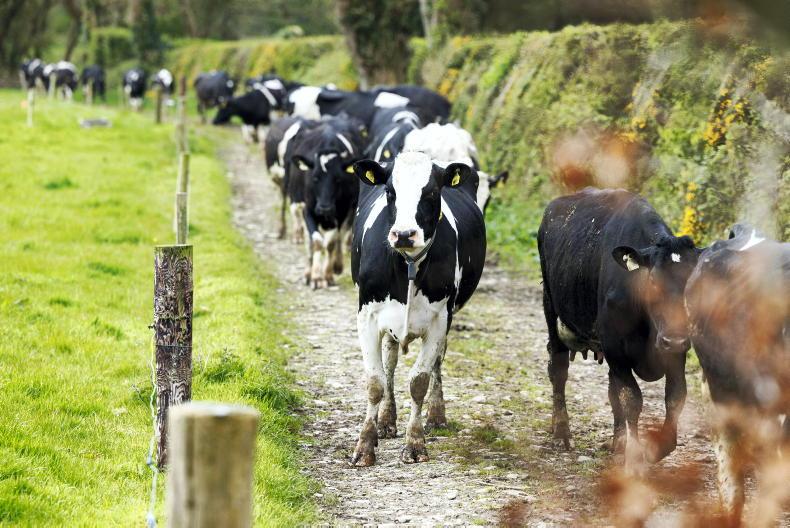
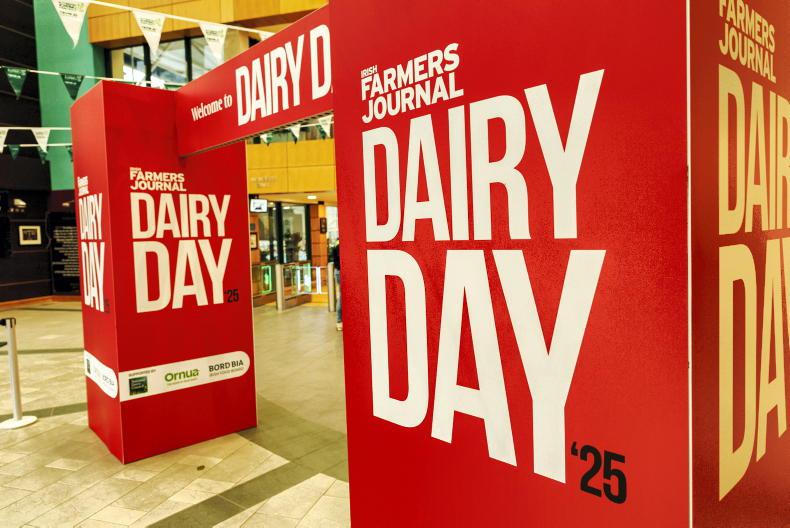
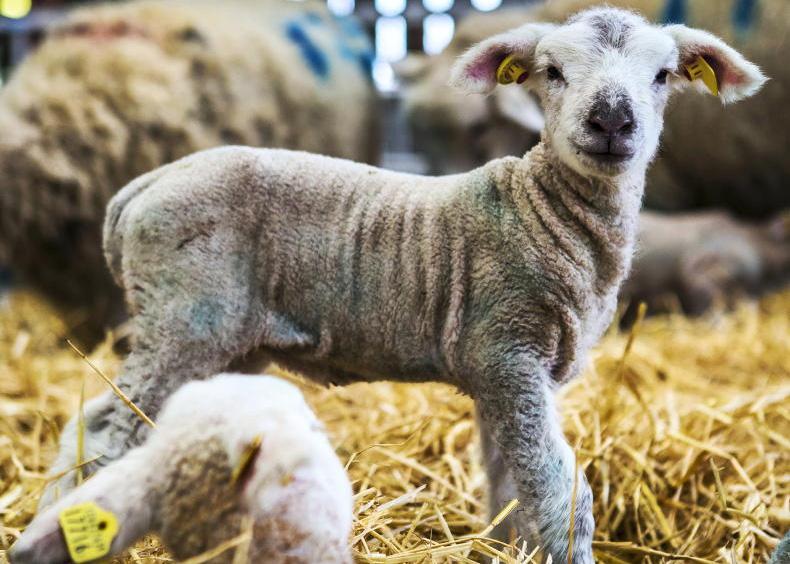
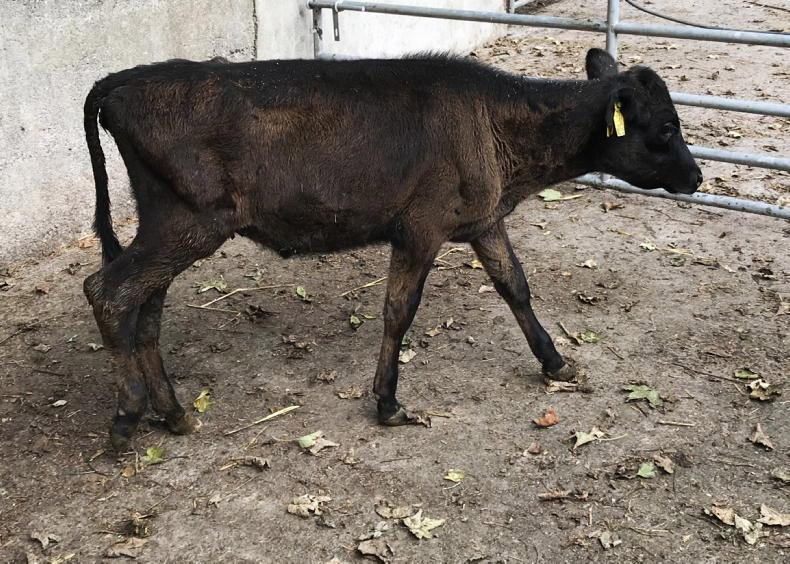
SHARING OPTIONS